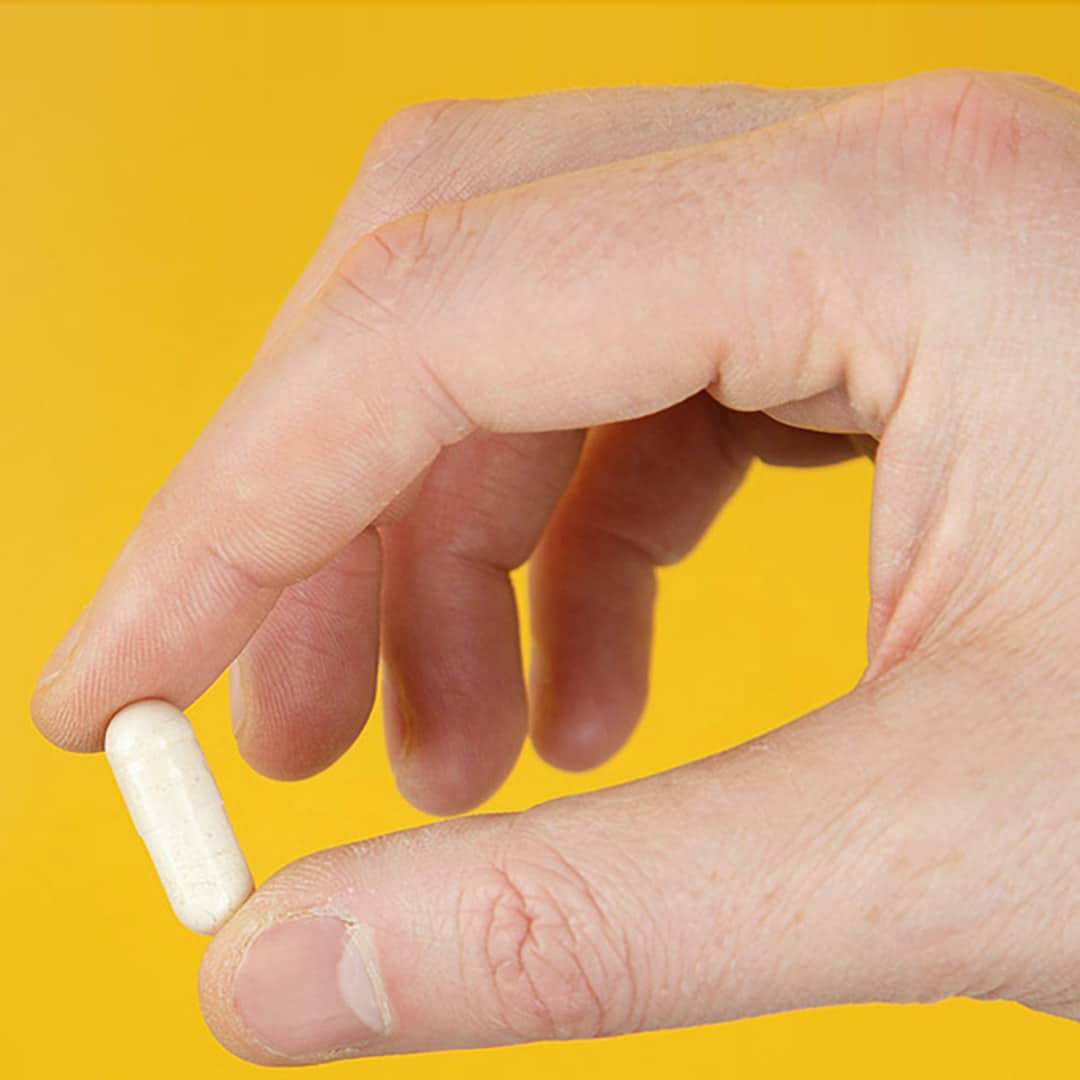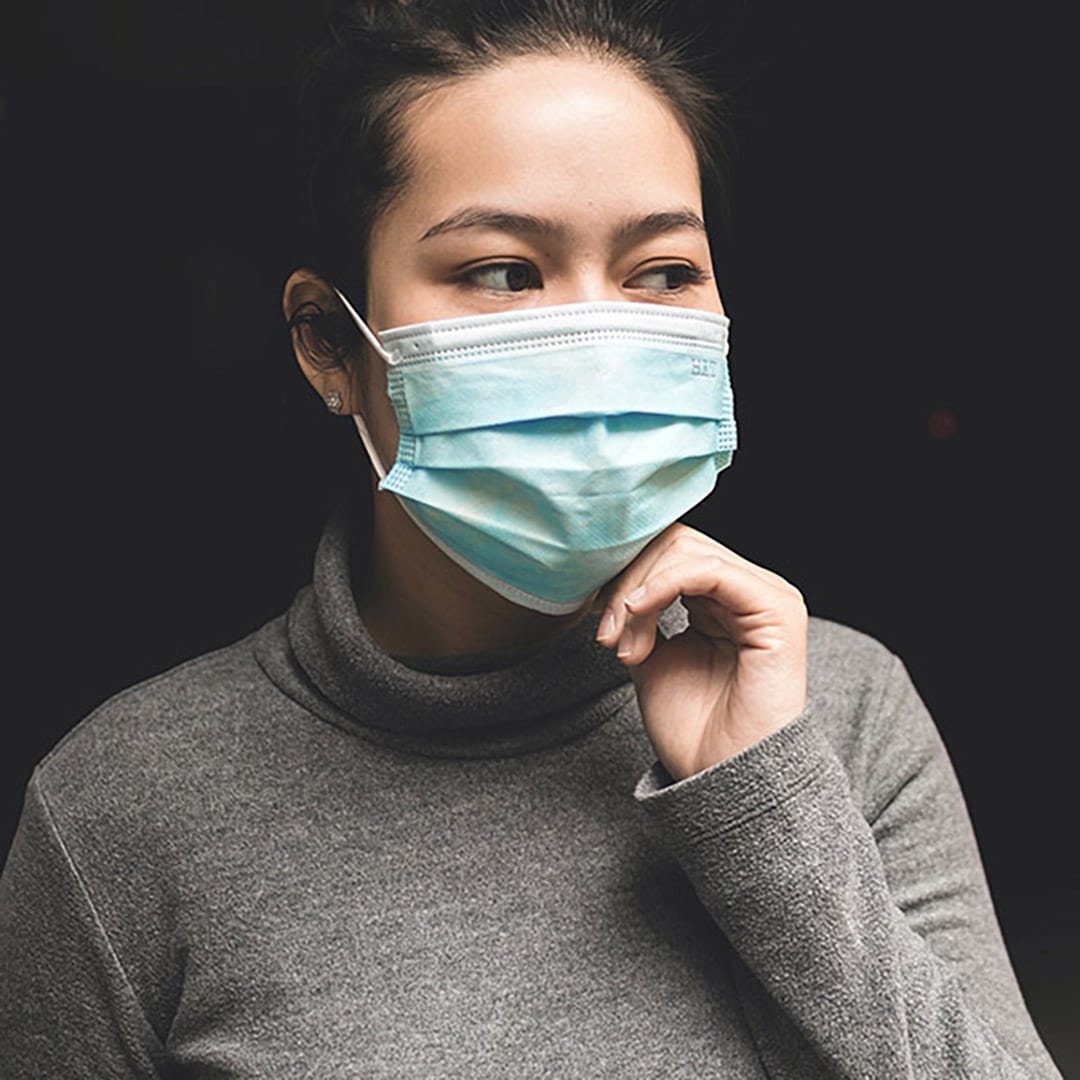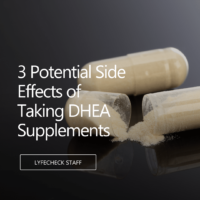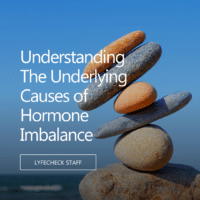Vitamin C: Integrative Treatment Strategies for SARS-CoV-2:
As kids start returning to school and businesses continue to reopen, case numbers of SARS-CoV-2 are expected to rise. In the integrative medical world, it is routine practice to use nutraceuticals and other natural products to prevent the usual onslaught of illness as we enter cold and flu season, especially vitamin C. This is because it is well tolerated by most individuals, easy to obtain, and well-known — so, the question is raised: what can it do to prevent and possibly treat COVID-19?
Immune Function & Vitamin C:
Vitamin C, scientifically referred to as ascorbic acid, is known to function as an antioxidant, neutralizing reactive oxygen species that lead to systemic inflammation, which is ultimately the cause of symptoms in any disease process. COVID-19 is no exception to this generalization, with infection causing upregulation of systemic inflammation, as evidenced by elevated levels of pro-inflammatory cytokines including IL-1, IL-6, IL-10, and TNF-alpha. Ultimately, the severe effects of COVID-19 are frequently blamed on the phenomenon of the “cytokine-storm”. If vitamin C has the ability to reduce the ability of severe inflammation to wreak havoc on the human body, it is no surprise that researchers are starting to look at it as a potential treatment for this pandemic [1].
Vitamin C & It’s HIstory as an Antiviral:
Looking broadly at available research, vitamin C has been shown, especially in upper respiratory tract infections, to reduce the duration of illness without the risk of toxicity or severe side effects. This is also evident in small children, which is especially important to note as kids are currently starting to return to school [2]. Other studies on the common cold, also caused by a viral infection, have come to similar conclusions, finding that vitamin C supplementation with the onset of cold symptoms appears to reduce the duration of symptoms [3].
Looking specifically at pulmonary inflammation, in this case when related to influenza-type viral infection, vitamin C has shown to increase the activation of immune cells, ultimately repressing the progress of the viral life cycle, increasing the survival rate in animal models. [4]. Though SARS-Co2 is not an influenza virus, immune response in the lung will be similar, leading scientists to hypothesize about the potential beneficial role of vitamin C on COVID-19 infections.
COVID-19 & Vitamin C: Preliminary Knowledge:
All that aside, to truly know if vitamin C is useful in preventing and/or treating SARS-CoV-2, it has to be put to the test! With new information coming out daily, there is some preliminary research on it’s potential benefit as an oral supplement, with some hospitals even using intravenous vitamin C as an adjunctive treatment in severe COVID cases.
One study published in Frontiers in Immunology looked at the potential synergistic role of oral quercetin and vitamin C on COVID-19. Though this doesn’t isolate vitamin C’s role, many immune supplements on the market contain both compounds, so it is reasonable to look at them together. They found that quercetin, in conjunction with vitamin C, had a broad range of antiviral properties, interfering with viral entry, viral replication, and protein assembly required for virulence. Based on these results, they suggest co-administration of vitamin C and quercetin as prophylaxis for high risk groups, and for treatment in both mild and severe cases of COVID-19 [5].
Though this is useful knowledge for anyone that has a mild-moderate case, the use of vitamin C for severe infection may prove to extend beyond the drug store. Zhongnan Hospital in China launched a clinical trial into the effectiveness of vitamin C infusion for the treatment of patients experiencing pneumonia and other severe effects from a SARS-CoV-2 infection. This trial began in February of 2020. They currently have 140 participants enrolled, receiving 12 grams of vitamin C via intravenous line twice per day for seven days. They will be evaluating outcome based on ventilation days, mortality rate, ICU stay days, and respiratory indexes. It is expected that they will begin reporting their findings at the end of September, 2020, but preliminary remarks seem promising [6].
Due to the benefits being reported in China on severe-COVID case outcomes in China, some New York City area hospitals are following suit. Dr. Andrew Weber, a pulmonologist and critical-care specialist on Long Island is providing patients 1500 milligrams of vitamin C via IV upon diagnosis; this dose is readministered three to four times per day. Lenox Hill Hospital in Manhattan is also using vitamin C, but the protocol is varying based on patient and doctor [7,8].
Though we don’t have the official results from these trials, there are enough reports of benefit that doctors continue to add vitamin C, especially in intravenous form, to the treatment plan for severely affected COVID-19 patients. It has proven time and time again to be generally well tolerated by almost all patients, making it a low risk and very affordable treatment both in the hospital and at home.
Vitamin C Dosing:
The recommended daily allowance for vitamin C intake is 90 mg for adult men and 75 for adult women with an additional 35 mg for smokers. Since it is a water-soluble vitamin, making toxicity risk low, some recommended daily doses as high as 400 mg. But, when the goal is to use this vitamin as an adjunctive treatment, the doses are generally much higher, some upwards of 50 grams per day when given by IV [9].
What is important to remember, is that when taken orally, excessive amounts of vitamin C can cause osmotic diarrhea. With the intravenous route, much higher doses can be administered without adverse effects. Therefore, it is important to discuss with your doctor what dose is best for you based on your current health status, COVID-risk, and if infected, your symptoms.
Conclusions:
Taking this all in, vitamin C has shown in numerous studies to support the immune system and in many cases reduce the severity of viral respiratory illness. SARS-CoV-2 is a viral, primarily respiratory illness. Preliminary studies and trials on the role of vitamin C directly on this virus have shown promise; the administration of it being easy and cost-effective with low risk. It’s accessible, making it a viable option for those concerned about their risk of contracting a severe infection, or those suffering from COVID-19 already.
For more information on potential preventative measures and treatments in relation to the COVID-19 pandemic, visit www.LyfeCheck.com or email support@LyfeCheck.com.
Mary Hall, ND, LAc
Resources:
- https://www.ccjm.org/content/early/2020/06/08/ccjm.87a.ccc046.long
- https://link.springer.com/article/10.1007/s00228-018-2601-7
- https://pubmed.ncbi.nlm.nih.gov/10796569/
- https://onlinelibrary.wiley.com/doi/abs/10.1111/jphp.12529
- https://www.ncbi.nlm.nih.gov/pmc/articles/PMC7318306/
- https://clinicaltrials.gov/ct2/show/NCT04264533
- https://nypost.com/2020/03/24/new-york-hospitals-treating-coronavirus-patients-with-vitamin-c/
- https://www.ncbi.nlm.nih.gov/pmc/articles/PMC7424130/
- https://www.ncbi.nlm.nih.gov/pmc/articles/PMC7205675/













